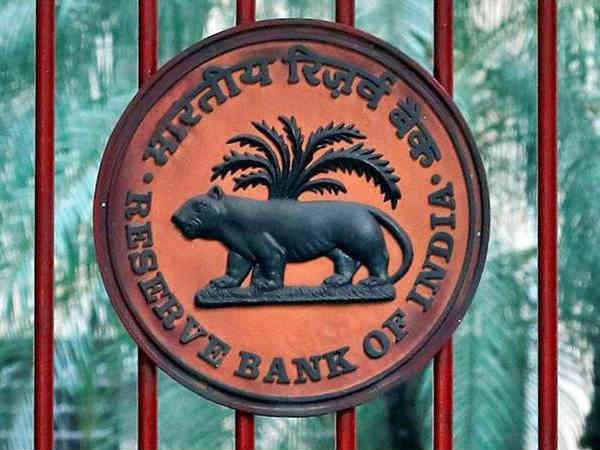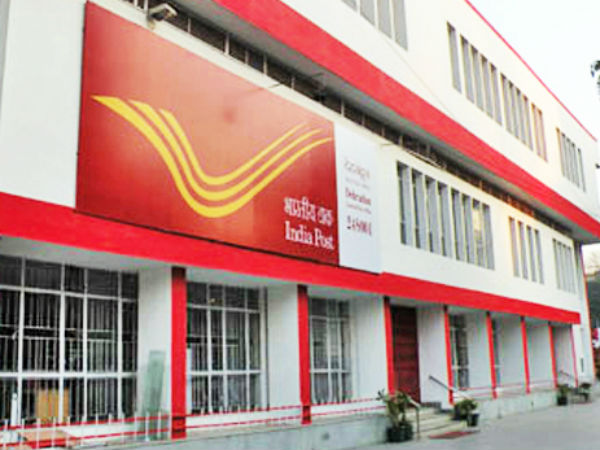Post Office Monthly Income Scheme Account (MIS)
With an initial deposit of Rs 1000 up to a limit of Rs 4.5 lakh for single holders and Rs 9 lakh for joint holders, post office monthly income scheme comes with a tenure of 5 years. One can open a MIS account on behalf of his or her name as a single ownership or jointly up to a limit of three adults. POMIS promises a monthly interest rate of 6.6 percent as of now. Although the returns are not inflation-beating, they are better than most fixed-income investments such as FDs. If we compare to the 5-year FD rates of SBI with 5.4%, Axis Bank with 5.5%, HDFC Bank with 5.5% and ICICI Bank with 5.35%, the interest rate of POMIS is much higher and guaranteed as the scheme is backed by the government of India.
RBI Floating Rate Savings Bonds
The RBI Savings Bond has a seven-year maturity period. Every six months, the interest rate on RBI Floating Rate Savings Bond is adjusted by the government. The interest earned on the RBI Floating Rate Savings Bond is completely taxable, and tax will be deducted from interest payments as required. Bonds can be purchased with a minimum deposit of Rs 1,000 (no maximum deposit limit). Senior citizens can take advantage of a special early withdrawal facility with these bonds. After the next update date of July 1, 2021, the Reserve Bank of India’s (RBI) Floating Rate Savings Bonds, 2020 (taxable) will keep paying the same interest rate, which is 7.15 per cent till June 30, 2021.
National Pension System Tier II
National Pension System (NPS) Tier II account is a voluntary account that can only be opened if you have an NPS Tier I account. For central government employees, deposits made in the NPS Tier II accounts are liable for an income tax deduction under Section 80C of the Income Tax Act. For private-sector employees, though, there is no income tax allowance for NPS Tier II deposits, and income in the NPS Tier 2 are taxable at the relevant slab rates. In the last year, the NPS Tier II Account Scheme G, which invests in government bonds and related instruments, has produced double-digit returns. If we look at the current returns of NPS Scheme G Tier II, the 1 year and 3-year returns of NPS Tier 2 is much higher than FD rates of SBI which is now kept at 5 to 5.1% only.
| Scheme G Tier II |
|
|
|
| Pension Fund |
1 Year Returns |
3 Year Returns |
5 Year Returns |
| Aditya Birla Sun Life Pension Management Ltd. |
5.46% |
10.71% |
NA |
| HDFC Pension Management Co. Ltd. |
5.48% |
10.86% |
9.95% |
| ICICI Pru. Pension Fund Mgmt Co. Ltd. |
5.50% |
10.55% |
9.84% |
| Kotak Mahindra Pension Fund Ltd. |
5.45% |
10.41% |
9.70% |
| LIC Pension Fund Ltd. |
5.08% |
12.64% |
11.14% |
| SBI Pension Funds Pvt. Ltd |
5.70% |
10.59% |
9.91% |
| UTI Retirement Solutions Ltd. |
5.56% |
10.61% |
9.66% |
| Benchmark Return as on 12/03/2021 |
4.00% |
10.13% |
8.98% |
| Source: NPS Trust |
|
|
|
5-year National Savings Certificates (NSC)
At any post office, one can purchase a National Savings Certificate, which is a fixed-income investment scheme. It is a savings fund offered by the Government of India that allows subscribers with tax benefits and fixed returns too. This scheme, like the Public Provident Fund and Post Office FDs, is a safe and risk-free investment option. You can purchase it for your own, for a minor, or jointly with your spouse. As the name suggests it comes with a maturity period of 5 years. Although the interest earned in the first four years is reinvested, interest earned in the fifth year is subject to taxation at the applicable tax slab rate of the investor or subscriber. The certificates provide a fixed rate of interest, which is now 6.8% per annum.
Senior Citizen Savings Scheme
An individual must be 60 years old or older to invest in SCSS. SCSS now fetches an interest rate of 7.4 per cent per year. SCSS allows only one deposit in the account in multiples of Rs 1000 up to a limit of Rs 15 lakhs. Investors can open multiple accounts, either individually or jointly with their partner for a maturity period of 5 years which can be further extended to a block of 3 years. Quarterly interest in SCSS accounts is due on the first working day of April, July, October, and January. Under Section 80C of the Income Tax Act, 1961, investments made in a Senior Citizen Savings Scheme account are eligible for an income tax deduction of up to Rs. 1.5 lakh. SCSS interest is entirely taxable. Tax Deducted at Source (TDS) is applied on interest accrued if the interest earned is more than Rs. 50,000 in a fiscal year.
Small Finance Bank FDs
Currently, some small finance bank FDs offer interest rates ranging from 4.25 per cent to 7.75 per cent, which is significantly higher than the rates offered by major public and private sector banks. In contrast to general customers, senior citizens earn a 50 basis point higher on these deposits. In comparison to other top lenders such as State Bank of India (SBI), HDFC Bank, ICICI Bank, Axis Bank, and others, these banks pay competitive interest rates. To know more small finance bank FD rates, click here.
Kisan Vikas Patra
A single individual, joint or adult serving on behalf of a minor can invest in KVP to get a fixed rate of interest of 6.9% compounded annually. KVP is available at every Departmental Post Office. Deposits in KVP can be made for a minimum of Rs. 1000 and in multiples of Rs. 100 with no upper limit. Kisan Vikas Patra has a 124-month maturity period, after which you can withdraw the accrued corpus. Investors of Kisan Vikas Patra are not eligible for any income tax benefits. The investment is not liable for an 80C allowance, and the interest earned upon maturity/withdrawal is entirely taxable. Upon maturity, however, withdrawals are exempted from Tax Deduction at Source (TDS).
Company Fixed Deposits
Investors who want better returns than bank FDs, though at a marginally higher risk, consider corporate FDs. Interest on corporate FDs, like FDs, is entirely taxable at the effective tax rate of the investor. Because of the risk, it is not secure to invest in corporate FDs for risk-averse investors. However, if you choose to invest in them, you can select corporates with high ratings to reduce your risk. An AAA or AA rating means that the issuer’s risk capacity is good in terms of prompt payment. The stronger the rating, the greater the corporate’s risk potential. Often, make sure the conditions for early redemption aren’t too onerous. Hence. If you want to invest in corporate or company FDs, here are the current interest rates(for the general public) that are much higher than the FD rates of the leading public as well as private sector banks. Note: senior citizens will get an additional interest rate ranging from 0.25% to 0.50% respectively.
| Sr No. |
Corporates |
Tenure |
Rate of interest in % |
| 1 |
Hawkins Cooker FD Scheme |
12 to 36 |
8.5 to 9 |
| 2 |
Shriram City Union Finance |
12 to 60 |
7.25 to 8.09 |
| 3 |
Shriram Transport Finance |
12 to 60 |
7.25 to 8.09 |
| 4 |
HUDCO |
12 to 60 |
7 to 7.5 |
| 5 |
Bajaj Finance |
12 to 60 |
6.15 to 7.25 |
| 6 |
PNB Housing Finance |
12 to 120 |
5.9 to 6.7 |
| 7 |
ICICI Home Finance |
12 to 120 |
4.3 to 6.45 |
| 8 |
HDFC |
1 to 5 year |
5.7 to 6.20 |
| 9 |
Sundaram Finance |
12 to 36 |
5.75 to 6.25 |
| 10 |
Sundaram Home Finance |
12 to 60 |
5.75 to 6.25 |
| 11 |
Mahindra Finance |
12 to 60 |
5.7 to 6.45 |










